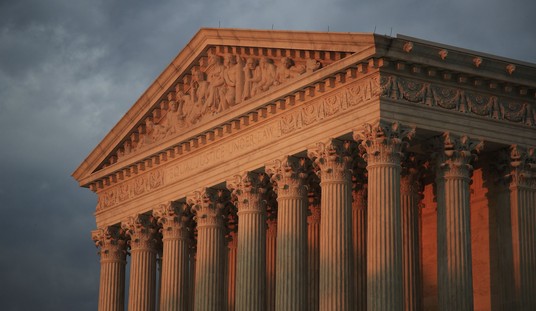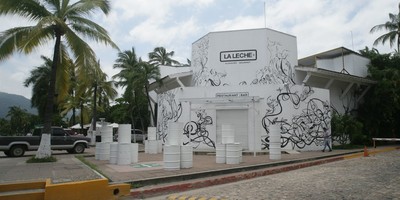Judge Robert Bork wrote a book titled “Slouching Towards Gomorrah” as a way to argue that Western culture was experiencing a decline. The same can be argued about South Korea. This nation was once a bulwark against communism and now it is a nation slouching toward a statist form of government that resembles a dictatorship more that a western style liberal democracy.
Back in April, I wrote a piece titled “South Korea Not Ready for Pacific Trade Partnership” where I argued that the deteriorating human rights situation in South Korea was troubling. The Wall Street Journal reported that South Korea was considering troubling alliances with countries hostile to the United States. My conclusion was that South Korea should be put on probationary status, and remedy some serious problems, before ever being considered to join the Trans Pacific Partnership (TPP). That international pressure might get South Korea to reform the government.
South Korea is a very important strategic ally and long time friend of the United States. South Korea is a nation that has emerged from dictatorship and evolved into a vibrant democracy. Yet, in the last few months, South Korean President Park Guen-hye has walked back some democratic freedoms and aggressively cracked down on the right to free speech.
The AP reported on November 14, 2015, “police fired tear gas and water cannons Saturday as they clashed with anti-government demonstrators who marched through Seoul in the largest protest in South Korea's capital in more than seven years, leaving a protester critically injured.
Recommended
About 70,000 people marched from various locations in Seoul to an area near City Hall, according to police.” One of the grievances is that the government is going to issue mandatory history books for schools that is expected to “whitewash the brutal dictatorships that preceded Sough Koreas’ bloody transition toward democracy” in the 80s.
One reason might be that the President, Park Guen-hye, is the daughter of Gen. Park Chung-hee, South Korea’s military dictator from 1961 to 1979. During the dictatorship, civil liberties and political freedoms were severely restricted. The nation is sliding toward the government versus the people mentality that rocked the nation during the years of military dictatorship.
Think about it this way. In North Korea, the populace is brainwashed by rewriting history and the pervasive glorification of dictator Kim Jung-un. In China, references to the government’s atrocities in Tiananmen Square have been scrubbed as if the uprising had never happened. South Korea is sliding in the same direction with government written history books. In the United States, the government mandating history books would create a mass rebellion.
There are some troubling recent examples of government overreach. The New York Times on December 10, 2015 reported that “fugitive labor leader who had taken refuge in a well-known Buddhist temple surrendered to the authorities on Thursday, ending a 24-day standoff that had set off a rare police raid within the temple complex. The leader, Han Sang-gyun, of the Korean Confederation of Trade Unions, had been at the Jogye Temple in central Seoul since Nov. 14, when he helped organize a rally nearby that drew tens of thousands of people.” The report indicated that Han had taken refuge in a Buddhist temple.
More from NYT, “During South Korea’s decades of military dictatorship, temples and churches often provided shelter and moral support for political dissidents, including student and labor activists on the run from the police. Police officers chasing them often stopped at their gates.” Not this time though, the police were preparing to storm the temple when Han gave himself up to police.
In November 2015, South Korean prosecutors indicted Professor Park Yu-ha at Sejong University in Seoul for writing about the history of “comfort women” in her nation.
The international community should be deeply concerned that in a democratically elected South Korean government is violating human rights and sliding towards a state that will not respect the rights of the individual and one that wants to white wash history to cover up alleged crimes by the President’s father.
The strongest leverage a nation has, short of military action, is trade. Maybe it is time to halt preferential trade benefits for South Korea until they turn the corner on civil rights and show that the are moving away from a statist form of government that bears more than a little resemblance to the dictatorship of the past.

























Join the conversation as a VIP Member